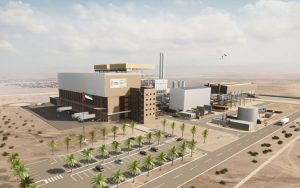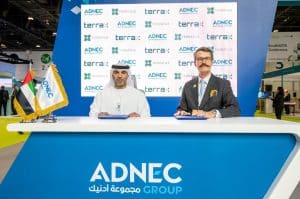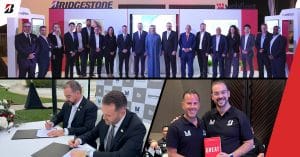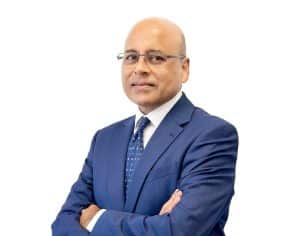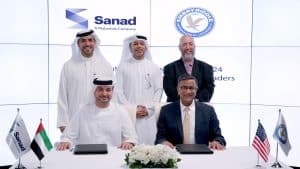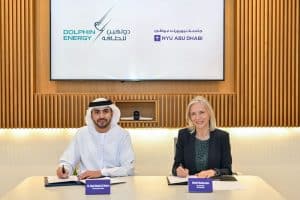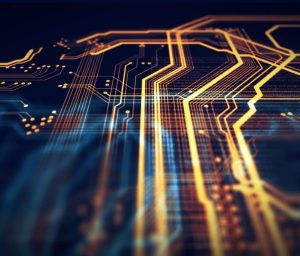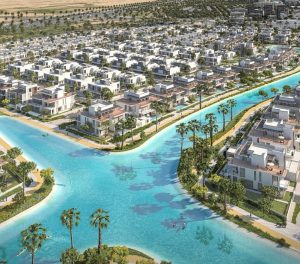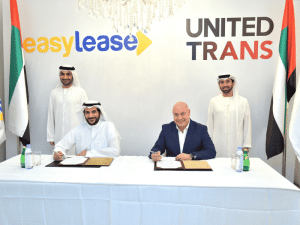Tell us what were your expectation for 2020?
We hoped 2020 to be year of financial recovery but due to COVID pandemic it’s been a rough year to date. We still think it will continue to be unpredictable and more stability is likely to come in mid to late 2021. This pandemic has impacted businesses in a way that things cannot go back to old normal again. We have to get used to the new normal.
Tell us about 3D Middle East. What are you doing exactly?
3D Middle East is a middle-east digital manufacturing solution provider since 2013 and aims to help companies in the region adopt more efficient digital solutions such as 3D printing and 3D scanning. With this in mind and with proven global leadership, we have focused on collaborating with various leading & global solution providers to create an ecosystem with the latest innovations and the most successful advanced manufacturing solutions to be adopted by a wide range of industries. As the world moves towards digitalization and automation, we are helping our customers to have leading-edge solutions as partners on this journey.
How has the digital technology changed over the past decade?
3D technology has come a long way and continues to evolve and grow. Technology has a lot to offer to professionals across a range of industries. Today, we can print 3d scaled models in just one day, which would normally take a few months to complete. 3D laser scanning makes the day-to-day work of surveying and scanning professionals faster, easier and more productive. There are many more applications like these, in which the use of this technology not only reduces working hours and workforce, but also significantly improves the quality and efficiency of work.
What opportunities do you see for further innovation when it comes to digital technology?
In every industry digital technology has become core. From design to manufacturing, from idea initiations to product management, digital technology plays a key role. If we cannot measure, we cannot manage and that is the main advantage digital technology provides over conventional techniques. Ability to measure every process makes it accurate and efficient. We expect further innovations to take place in the fields of robotics, automotive and product design. Particularly during times such as the COVID pandemic, technologies such as 3D printing, remote work have been very useful in overcoming logistical limitations.
Tell us about your relationship with Faro Technologies and how strong is that partnership?
We come from an entirely digital background and worked to provide the companies in the Middle East with digital manufacturing solutions. Faro is industry leader in digital measurement and imaging technology. So it was a natural match. We are providing them with regional coverage to deliver their one of the best quality products in the segment worldwide.
Tell us how 3D Middle East and FARO can benefit the construction industry?
We currently have solutions that can be used at any stage of the construction lifecycle. The use of digital technology is increasingly evident on construction sites but our solutions offer much more than measurement hardware. The technology has made it possible to capture millions of points in seconds and very precisely. This captured data forms the basis of our solutions and gives numerous advantages over manual techniques. Construction teams around the world are beginning to understand the speed and accuracy of the technology, and when it is used in BIM, the possibilities are virtually endless.
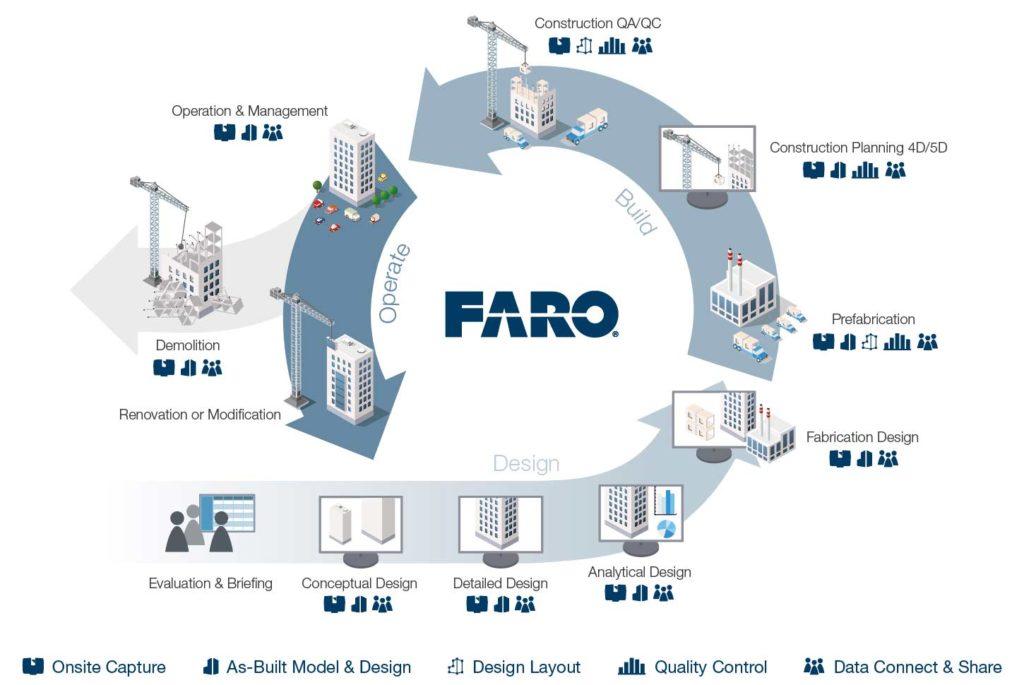
Tell us about the features of your products
Complete and accurate 3D building models are an essential working basis in construction. The FARO Laser Scanner Focus3D offers valuable support as it quickly and reliably captures actual data for building projects – both existing and new builds. A few minutes is all it takes to set up and attach the FARO Focus3D to a tripod. Its laser beam scans the surrounding area in three dimensions, capturing spatial and surface shapes to the nearest millimetre, however complex they are. Digital data is made available quickly and in a great level of detail, and can be imported into all CAD software solutions popular in the construction and real estate industries. This data serves as the basis for 2D and 3D plans and views, for visualisations and for working with building information modelling (BIM).
How can 3D technology help in creating smart cities in the future?
3D technology will complement the other technologies like IOT in making smart cities more efficient. The digitisation of the entire lifecycle of construction can be of vital significance in the planning of cities.
What is the vision for 3d Middle East now especially for Construction BIM?
We want to support and drive the digitization of the construction industry. When you look at global numbers, you can find that the building industry is the second least digitized sector, only before agriculture. Nonetheless, this is slowly changing, and we want to push and endorse this trend of digitization by offering solutions along the building and design life cycle.

